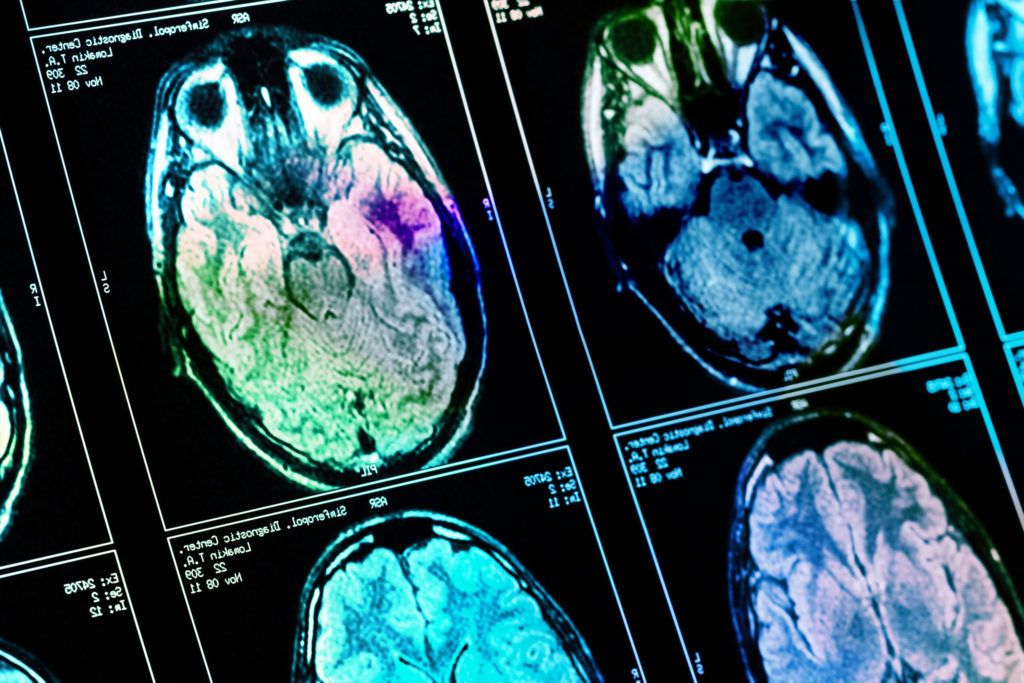
Neurology
A neurologist is a medical doctor with specialized training in diagnosing, treating, and managing disorders of the brain and nervous system including, but not limited to, Alzheimer’s disease, amyotrophic lateral sclerosis (ALS), concussion, epilepsy, migraine, multiple sclerosis, Parkinson’s disease, and stroke.
What does a Neurologist do?
Diagnose
Neurologists are highly trained clinicians capable of diagnosing complex conditions through detailed history and physical examination, including testing of mental status, vision, speech, strength, sensation, coordination, reflexes, and gait. Even as medicine becomes more dependent on technology, the neurological exam will remain a critical component of the patient evaluation.
Performs Tests
Some common neurologic tests used to complete the evaluation include:
- Computed tomography (CT) or computer-assisted tomography (CAT) scans
- Magnetic resonance imaging (MRI)
- Electroencephalography (EEG)
- Nerve conduction studies and electromyography (NCS/EMG)
- Lumbar puncture (LP) for cerebral spinal fluid analysis







